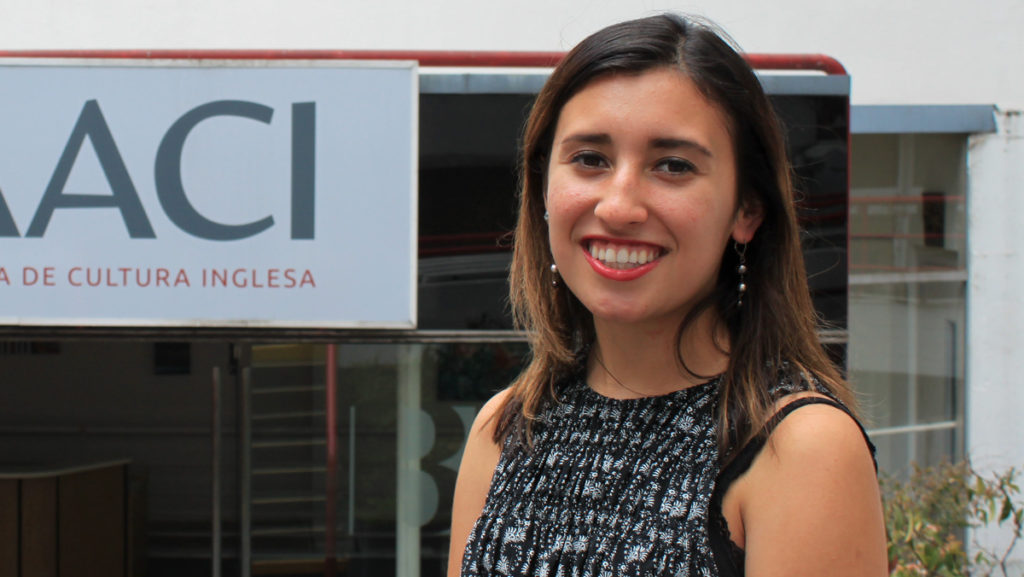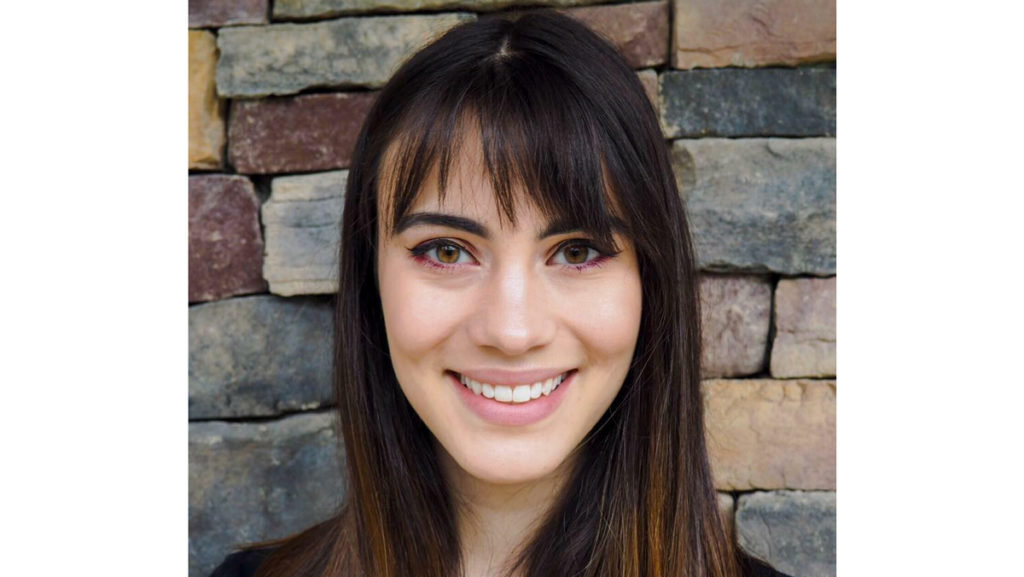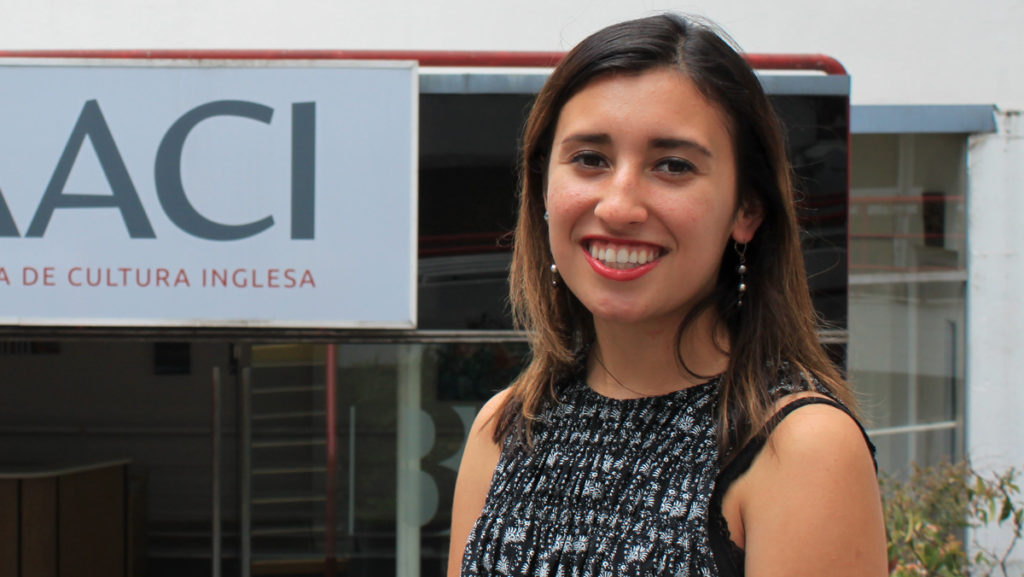Despite the loss, a funeral will not be held. Not to be too dramatic, but last week, my hard drive crashed. The majority of my digital memories from my semester abroad, like photos of vibrant 1950s-style transit buses on traffic-filled streets or the abandoned trails located atop mountains in Patagonia, have disappeared. As a student interested in photography, I carry my camera like an everyday accessory during my time here. All that remains of these memories is an unusable grey 4”x 3” rectangular paperweight that is causing me to rethink my media career and to analyze my skills as a media maker.
The hard drive crash happened unexpectedly at my internship office in Infobae, one of the largest Spanish-speaking news outlets in the world. Sitting at my desk, I plugged the small silver USB end of my device into my computer. Instead of having a folder pop up on my desktop, my tiny device only emitted a faint humming and clicking. I tried restarting my computer, plugging my hard drive into other laptops and Googled suggestions. Nothing worked. Rather than mourn the loss of my hard drive, I felt more surprised by my lack of reaction. All the photos on the device that had been lost were average. Anyone could have taken them.
My Argentine amigos placed a heavy emphasis on enjoying the present. These differing perspectives provide new definitions of what it means to be productive. For me, a productive day consists of waking up early, going to my Spanish courses, working at my internship, volunteering in the evening and staying up late to complete homework. The friends I’ve made abroad prefer to spend their days focusing on one activity and having their evenings to themselves. Initially, this slower-paced lifestyle shocked me.
Like most American students, I feel a constant pressure to be productive. Rather than motivating me, this pressure results in burnout. Psychologists Thomas Curran and Andrew Hill published a study in the American Psychological Association in 2017 titled “Perfectionism Is Increasing Over Time.” Their analyses of about 41,000 college-aged students found that a trend of unhealthy perfectionism has emerged among young adults in Western countries. This perfectionism results in high personal standards and intense self-criticism. Another 2016 article from The Guardian reports that young adults are experiencing increased instances of mental distress due to the pressure they are putting on themselves.
I spent my entire time in high school nervous about getting accepted to college. I am now spending my college experience worrying about finding postgraduation employment. Although I like to have a plan, my semester abroad has demonstrated the harm that comes with exclusively focusing on the next step. This need to constantly keep moving results in sub-par work. My desire to have a diverse portfolio conflicts with my ability to devote my full attention to one project. Even if I complete my tasks, my constant desire to work results in my not allowing myself to pursue my own passions or to enjoy the city I am in.
My hard drive crash was unexpected, but my indifference about the loss felt even more surprising. I lost a semester’s worth of photos, but my busy schedule meant that I never put any attention toward making sure these photos were done with craft. Rather than challenging myself to improve and take photos in new situations, my skills remained stagnant. This sentiment reflects more than just a hard drive. Appearing productive and having a calendar full of activities does not make me a better content creator. Growth will only occur if I dedicate my full attention to a task and challenge myself to tackle projects from new perspectives.






